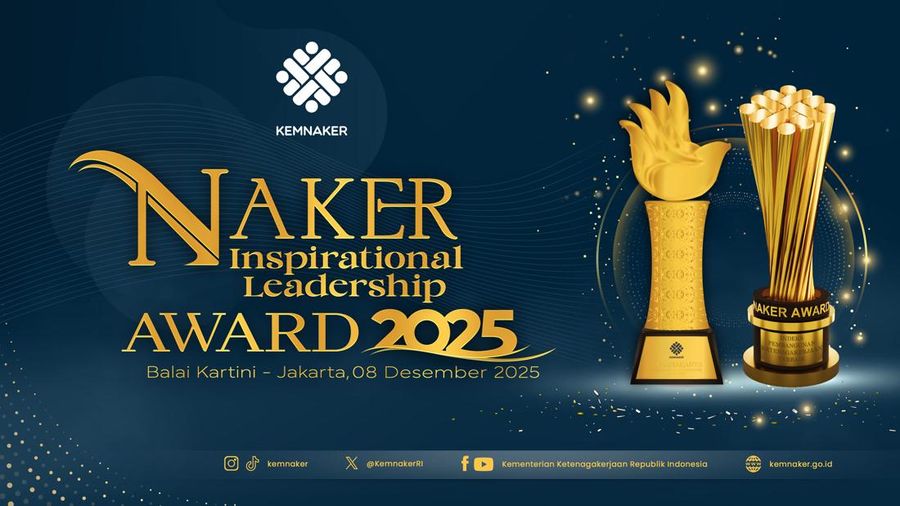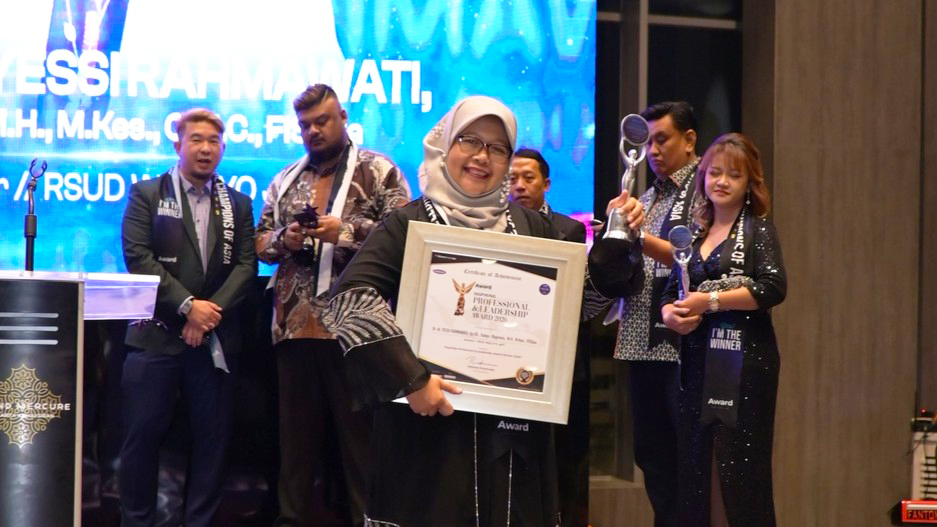Philippines — In today’s business landscape, true power no longer belongs to those with the most capital, the most advanced technology, or the largest teams. It belongs to those who are trusted to lead. In a world where trust is the most valuable currency, awards serve as a “License to Lead.” They provide social permission, global credibility, and access to opportunities that were once out of reach.
At this level, awards go far beyond their traditional role as symbols of success. They become a form of strategic legitimacy, a foundation that positions you not just as a participant in the market but as a recognized leader in your industry.
Understanding Strategic Legitimacy
In organizational communication theory, legitimacy is the recognition from the external environment that your presence is not only valid but also important and necessary. It is a kind of permission granted by the market, the public, and stakeholders to operate and to lead.
Awards are among the most powerful tools of legitimacy because they come from outside your organization. They are not self-proclaimed claims but objective validation from credible third parties. When you receive a prestigious award, the message is no longer “We are great.” It becomes “They recognize that we are great.”
And in the world of communication, who delivers the message often matters more than the message itself.
Legitimacy as the Key to Expansion
Many companies fail to enter new markets not because their products are inferior but because they are not trusted. The same applies to professionals who want to advance into more influential circles. They are often not rejected because of a lack of competence but because they have not yet earned the social license to be accepted.
Awards can shorten this journey significantly.
When you enter a foreign market with titles like “Asia’s Most Innovative Brand” or “Top 10 Trusted Leaders in Healthcare,” you do not arrive as an unknown newcomer. You arrive as a recognized authority.
Examples from real business scenarios include:
- Startups that win global innovation awards attract foreign investors three times faster.
- Companies that receive a “Best CSR Initiative Award” find it easier to establish partnerships with governments and international organizations.
- Consultants recognized as “Top Industry Thought Leaders” are more frequently invited to speak at global conferences.
An award is not just a status symbol. It is an entry point.
How Legitimacy Strengthens Collaboration
In business communication, collaboration is built not only on potential but also on trust. And initial trust is much easier to establish when your reputation has already been validated.
When two major brands meet to explore a partnership, they do not only evaluate each other based on portfolios or proposals. They ask important questions such as:
“Are they credible enough to work with?”
“Will their reputation enhance ours?”
Having an award makes the answers to those questions come faster and more confidently.
Three real-world benefits of award-based legitimacy in collaboration include:
- Faster Trust Building: Potential partners require less time to believe in your capabilities because validation already exists.
- Stronger Negotiation Power: Awards give you social leverage, strengthening your position during discussions.
- Access to Premium Partnerships: You are more likely to be considered for strategic projects, long-term collaborations, and high-value joint ventures.
From Local to Global: A License to Grow
One of the most powerful aspects of awards is their ability to remove geographical and hierarchical barriers. A local brand that was once unknown can become a regional or global player with the right recognition. This is why awards are often referred to as a “passport of credibility.”
Examples of this transformation include:
- A small business evolving into a global supplier after winning a “Trusted Product and Brand Award.”
- A startup becoming an industry benchmark after receiving a “Best Innovation in Technology Award.”
- A local consultant becoming an international speaker after earning a “Top Thought Leader Recognition.”
Awards create a perception of capacity that is often greater than the reality. And in business, perception is often more powerful than fact.
Practical Strategies to Maximize Award Legitimacy
- Include Awards in Pitches and Proposals: Always highlight your awards in presentations, tender documents, and pitch decks to strengthen credibility.
- Feature Awards in External Communication: Showcase your achievements on LinkedIn, in email signatures, and in press releases as a source of trust.
- Build a Leadership Narrative: Every article, public appearance, and communication piece should reinforce your role as a recognized leader.
- Link Awards to Real-World Impact: Go beyond mentioning the award. Explain how it reflects measurable results, values, and meaningful contributions.
Conclusion: Awards Are Not the End, They Are Permission to Lead
In a world that is becoming increasingly skeptical, legitimacy is everything. Awards are not merely symbols of success. They are licenses to lead, signals that you are worth trusting, and invitations to participate in bigger conversations.
With an award, you no longer need to ask for opportunities. They come to you.
You no longer need to knock on doors. They open for you.
You no longer need to prove your worth. The world has already done it for you.
If you want to elevate your brand or career, expanding it into larger markets and global stages, do not focus only on recognition. Pursue legitimacy. In the game of reputation, awards are not the finish line. They are the ticket to leadership.






